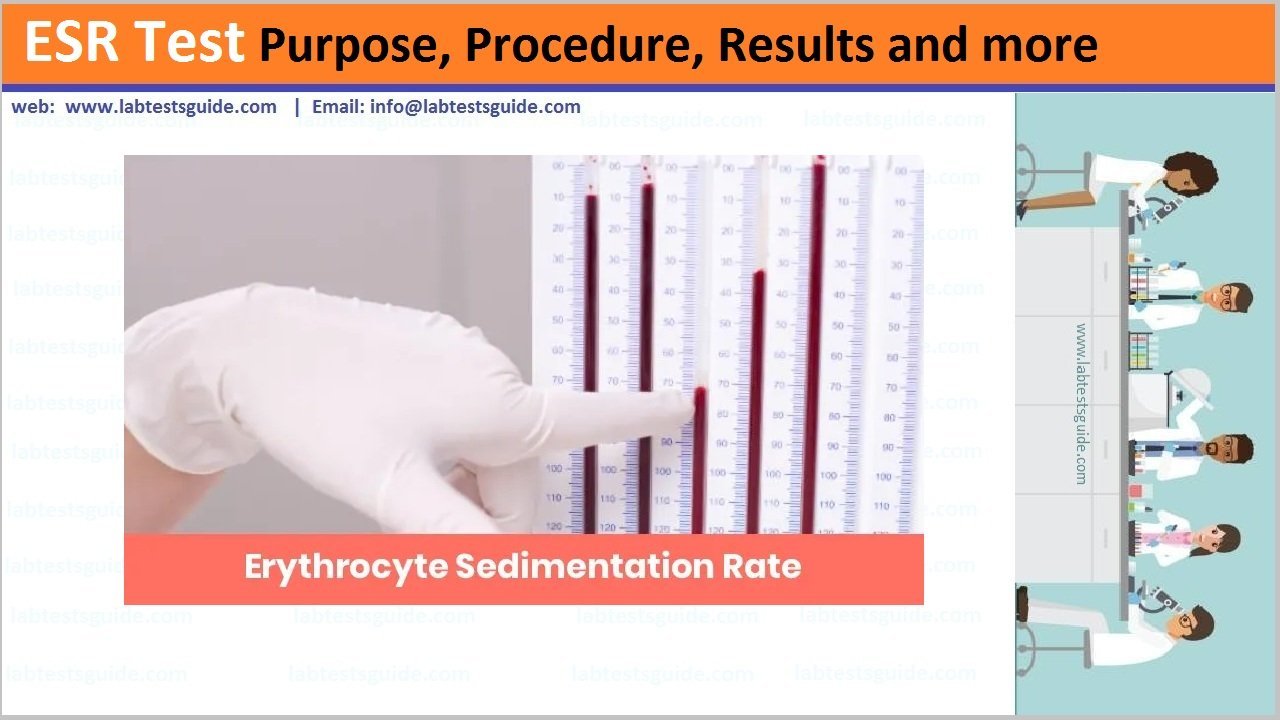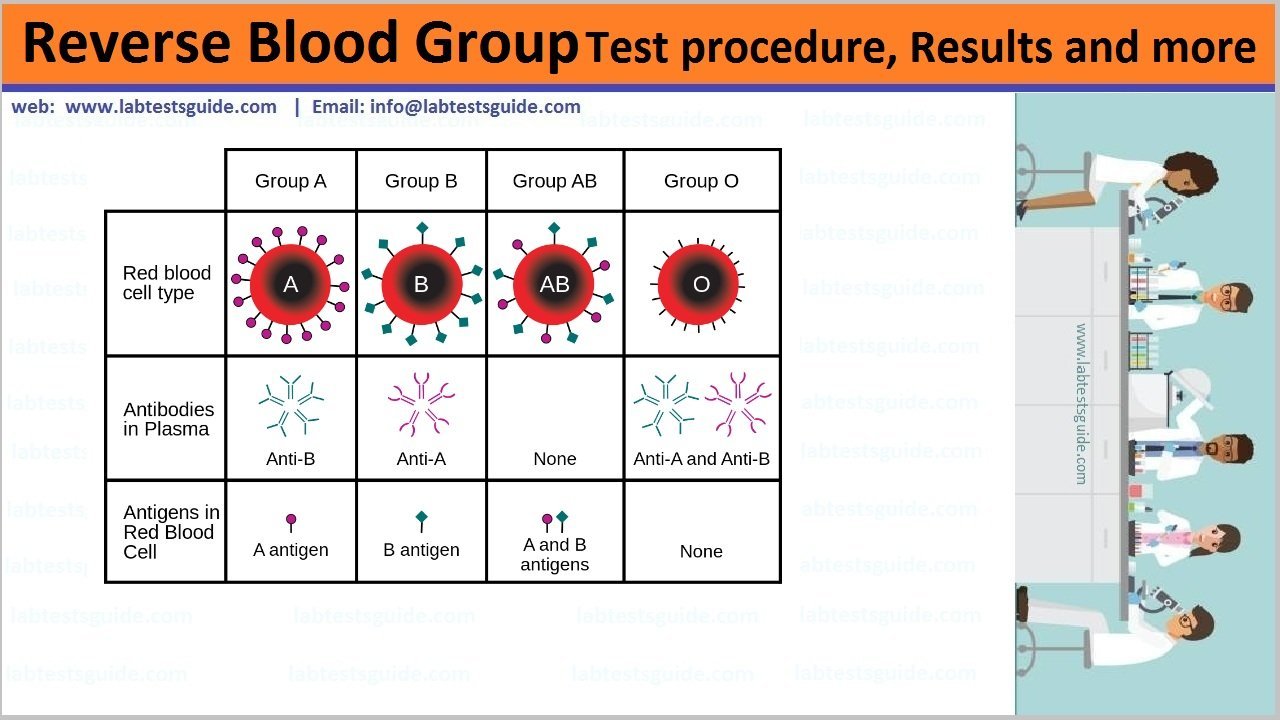
An erythrocyte sedimentation rate (ESR) test is sometimes called a sedimentation rate test or sed rate test. This blood test doesn’t diagnose one specific condition. Instead, it helps your healthcare provider determine whether you’re experiencing inflammation.

Also Known As: Sed Rate, Sedimentation Rate, Westergren Sedimentation Rate, Wintrobe Sedimentation Rate, Erythrocyte Sedimentation Rate , ESR
Test Panel: Hemoglobin, Red Blood Cells (RBC), HCT, MCV, MCH, MCHC, Platelets Count, White Blood Cells (WBC), DLC, ESR
Test Procedure
Principle:
When anticoagulated blood is allowed to stand in a narrow vertical glass tube, undisturbed for a period of time, the RBCs – under the influence of gravity- settle out from the plasma. The rate at which they settle is measured as the number of millimeters of clear plasma present at the top of the column after one hour(mm/hr). This mechanism involves three stages:
METHOS OF ESR DETERMINATION
There are two main methods to determine ESR :
- Wintrobe’s method
- Westergren’s method
Each method produces slightly different results. Mosely and Bull (1991) concluded that Wintrobe’s method is more sensitive when the ESR is low, whereas, when the ESR is high, the Westergren’s method is preferably an indication of patient’s clinical state.
Method to prepare ESR solution:
- Weigh 3.8-gram Trisodium citrate /100 mL of water.
- Suppose you are preparing 500 mL of ESR solution.
- Take 19 grams of Trisodium citrate
- Dissolve in 500 mL of distal water.
- Mix thoroughly.
WINTROBE’S METHOD
This method uses Wintrobe’s tube, a narrow glass tube closed at the lower end only. The Wintrobe’s tube has a length of 11 cm and internal diameter of 2.5 mm. It contains 0.7-1 ml of blood. The lower 10 cm are in cm and mm. The marking is 0 at the top and 10 at the bottom for ESR. This tube can also be used for PCV. The marking is 10 at the top and 0 at the bottom for PCV.
REQUIREMENTS :
- Anticoagulated blood (EDTA, double oxalate)
- Micropipette
- Timer
- Wintrobe’s tube
- Wintrobe’s stand
PROCEDURE :
- Mix the anticoagulated blood thoroughly.
- By using Pasteur pipette, fill the Wintrobe’s tube upto ‘0’ mark. There should be no bubbles in the blood.
- Place the tube vertically in ESR stand and leave undisturbed for 1 hour.
- At the end of 1 hour, read the result.

WESTERGREN’S METHOD
It is better method than Wintrobe’s method. The reading obtain is magnified as the column is lengtheir. The Westregren tube is open at both ends. It is 30 cm in length and 2.5 mm in diameter. The lower 20 cm are marked with 0 at the top and 200 at the buttom. It contains about 2 ml of blood.
REQUIREMENTS :
- Anticoagulated blood (0.4 ml of 3.13% trisodium citrate solution + 1.6 ml blood)
- Westergren tube
- Westergren stand
- Rubber bulb (sucker)
PROCEDURE :
- Mix the anticoagulated blood thoroughly.
- Draw the blood into the tube upto 0 mark with the help of rubber bulb.
- Wipe out blood from bottom of the tube with cotton.
- Set the tube upright in stand. Make sure the pipette fits snugly to eliminate possible leakage and that the pipette is in vertical position.
- Leave the tube undisturbed for 1 hour.
- At the end of 1 hour, read the result.

Referance Ranges:
| Test Name | Male | Female |
| ESR | Upto 15 mm/1st Hour | Upto 15 mm/1st Hour |
Related Articles:
RELATED POSTS
View all

